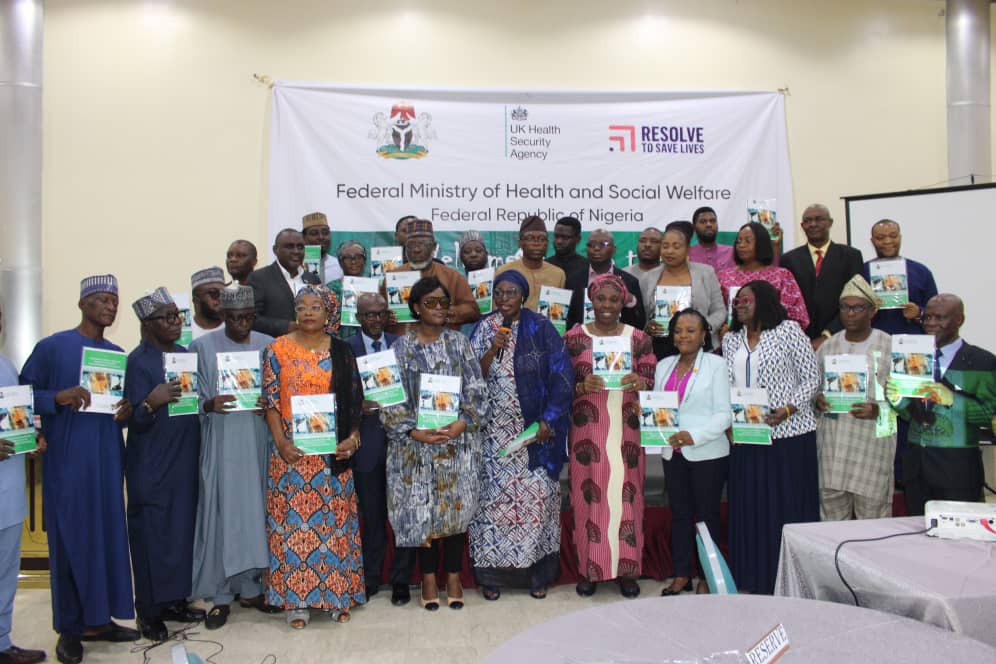The Federal Government has officially launched the National Guidelines for Chemical Event Surveillance, marking a significant step towards strengthening Nigeria’s capacity to monitor, respond to, and manage chemical-related public health threats and environmental hazards.
The unveiling ceremony, held on Friday, July 11, 2025, in Abuja, brought together stakeholders from health, environment, emergency response, and security sectors. The new framework aims to equip institutions with the tools and protocols needed to detect, report, and manage chemical incidents promptly and effectively.
Speaking at the event, the Minister of Health and Social Welfare, Prof. Muhammad Ali Pate, emphasized that the guideline aligns with global best practices and is vital in safeguarding citizens from the dangers of chemical exposure, whether accidental, occupational, or deliberate.
“This document will bridge existing gaps in surveillance and ensure early detection, prompt reporting, and timely response to chemical incidents that may threaten public health and environmental safety,” the Minister stated.
He noted that the initiative was developed through a multi-sectoral collaboration involving the Nigeria Centre for Disease Control (NCDC), the World Health Organization (WHO), and the Federal Ministries of Environment and Science and Technology.
Director General of the NCDC, Dr. Jide Idris, highlighted that chemical events—ranging from industrial spills, pesticide poisoning, to hazardous waste exposure—are often underreported. He stressed that the guideline will enable frontline health workers and surveillance officers across the country to better track and manage such events.
Representatives of WHO and other international partners present at the event commended Nigeria’s proactive approach and pledged continued technical support.
With the new guideline now in place, stakeholders expressed optimism that Nigeria would be better positioned to prevent large-scale chemical disasters and protect both human health and the environment in line with its commitments to the International Health Regulations (IHR).
